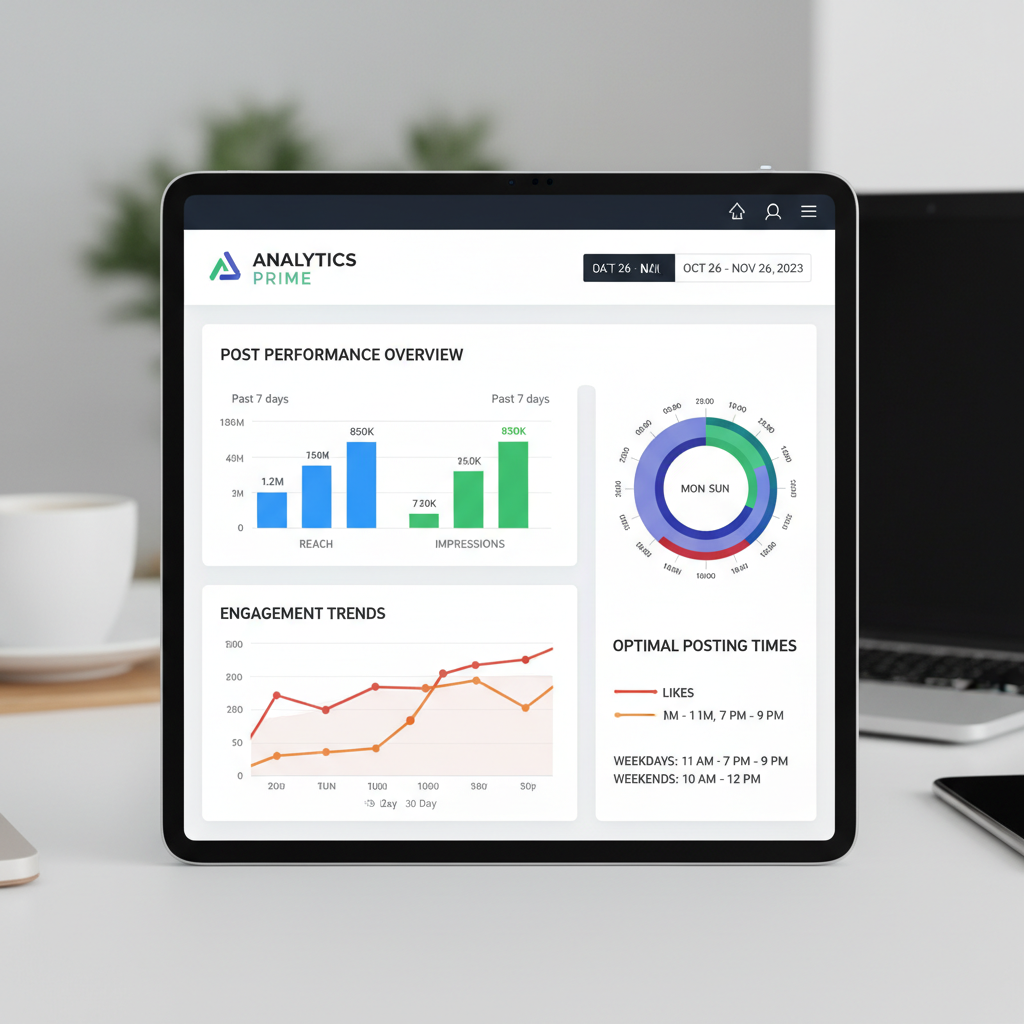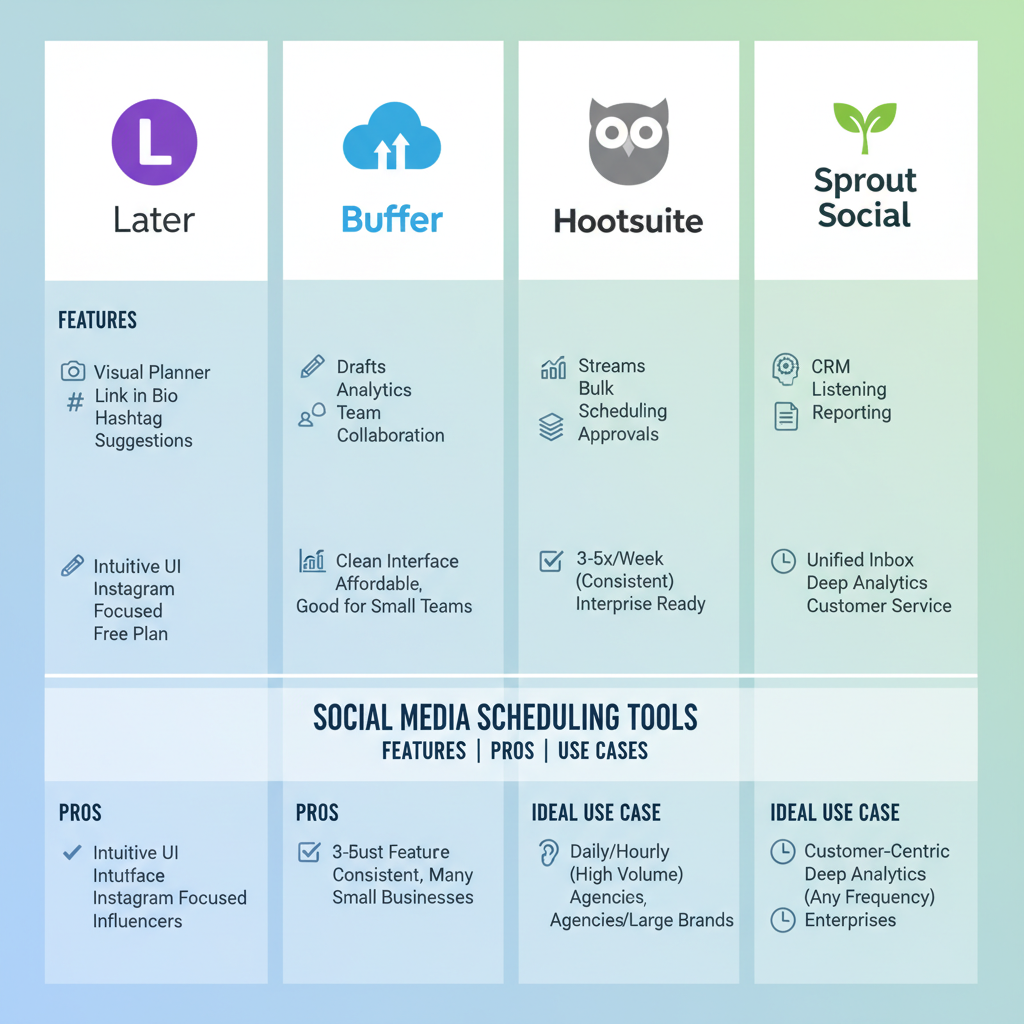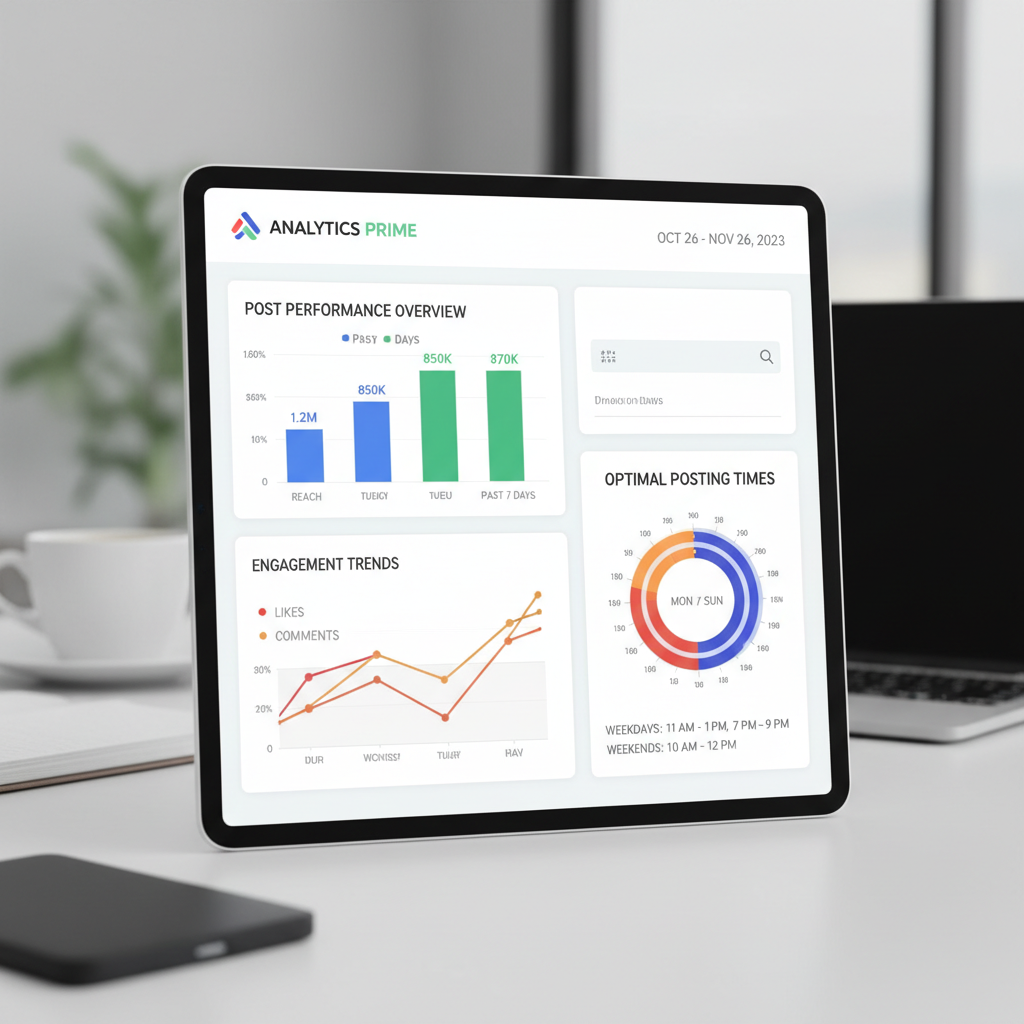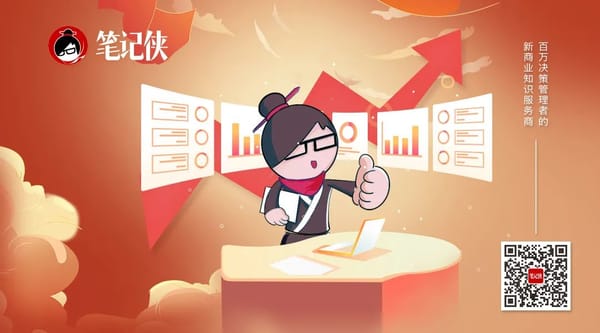Schedule X Posts for Maximum Engagement and Reach
Learn how to schedule posts by setting the right frequency, using peak engagement times, and building a content calendar to boost reach and consistency.

Schedule X Posts for Maximum Engagement and Reach
Planning to schedule X posts—whether daily, weekly, or monthly—is one of the most effective ways to ensure your content consistently reaches and resonates with your audience. By defining "X" based on your platform goals and audience habits, you can create a strategic distribution plan that drives engagement, boosts visibility, and supports long-term growth.

---
Defining What "X Posts" Means for Your Platform Goals
Before jumping into scheduling tools or analytics, clarify your posting frequency to match both your objectives and resources:
- Daily Posting – Ideal for platforms like Twitter/X or TikTok where fast content turnover and high frequency improve visibility.
- Weekly Posting – Suitable for long-form content platforms like YouTube or LinkedIn, where quality matters most.
- Monthly Posting – Works well for newsletters, blogs, or special campaigns focused on high-value content.
Tip: Always balance frequency with audience demand—too much posting can fatigue followers, too little can reduce brand recall.
---
Researching Audience Peak Activity Times Across Platforms
Every platform has activity peaks, and leveraging them increases your chance of higher reach. Use tools like Instagram Insights, YouTube Analytics, or Twitter Analytics to pinpoint optimal posting times.
| Platform | Typical Peak Days | Typical Peak Times |
|---|---|---|
| Tuesday, Wednesday | 11 AM - 2 PM local | |
| Twitter/X | Monday - Thursday | 9 AM - 12 PM local |
| Tuesday, Thursday | 8 AM - 10 AM local | |
| YouTube | Thursday, Friday | 6 PM - 9 PM local |
Reach your audience when they’re most engaged by scheduling key content in these windows.
---
Selecting the Right Scheduling Tools
Automating post scheduling ensures you remain consistent and saves considerable time.
Popular scheduling tools to consider:
- Buffer – Clean interface, beginner-friendly.
- Hootsuite – Multi-platform scheduling plus advanced analytics.
- Later – Visual content calendar, tailored for Instagram.
- Sprout Social – Ideal for teams with robust collaboration features.
Selection Factors:
- Platforms supported
- Depth of analytics reports
- Collaboration capabilities
- Pricing structure

---
Creating a Content Calendar with Clear Themes Per Post
A well-structured content calendar keeps your messaging cohesive and timely.
Plan ahead by detailing:
- Date/time
- Platform and theme
- Media format
- CTA (Call to Action)
- Hashtags
Example:
| Date | Platform | Theme | Media | CTA | Hashtags |
|---|---|---|---|---|---|
| 06/15 | Product Tip | Image | "Shop Now" | #Productivity #LifeHacks | |
| 06/17 | Case Study | Article | "Read More" | #B2B #Growth | |
| 06/19 | Twitter/X | Industry News | Text | "Join the Discussion" | #Marketing #Trends |
---
Batch-Create Content to Save Time and Maintain Consistency
Producing multiple pieces of content in one session provides both efficiency and thematic cohesion.
Workflow Suggestions:
- Write outlines or scripts for multiple posts together.
- Design a batch of graphics in tools like Canva or Figma.
- Record multiple videos during one filming session.
Batching yields a ready-to-use backlog that keeps your schedule steady even during busy periods.
---
Writing Captions and Hashtags in Advance for Optimized Reach
Captions drive engagement, while hashtags expand reach. Pre-writing both helps you plan strategically.
Best Practices:
- Keep captions short yet compelling.
- Place CTAs where they naturally fit.
- Combine trending and evergreen hashtags—avoid excessive tags.
Example for Twitter/X:
Ready to level up your marketing? 🛠️
Discover 5 strategies to double your engagement in 2024.
#MarketingTips #Engagement---
Using Analytics to Refine Posting Frequency and Timing
Track engagement over several weeks to identify your optimal schedule.
Key metrics to monitor:
- Impressions
- Engagement rate
- Click-through rate
- Follower growth
Compare these with post times/days to uncover effective patterns.

---
Adjusting Schedule for Seasonality, Trends, and Campaigns
Your schedule should adapt to changing conditions. During product launches, holidays, or global events, adjust posting frequency or timing to match audience interest.
Examples:
- Increase frequency during launches
- Jump on trending hashtags during cultural or seasonal events
- Shift posting windows for global happenings
---
Integrating User-Generated Content (UGC) into the Schedule
UGC boosts trust and engagement. Incorporating it periodically keeps your content relatable.
Steps:
- Get creator permissions.
- Credit original posters.
- Weave UGC into your theme schedule.
Example: A recurring “Fan Feature Friday” builds anticipation.
---
Setting Up Automated Alerts for Post Performance Review
Automation supports monitoring as much as publishing.
Set tool alerts for:
- Engagement spikes
- Drops in performance
- Viral content identification
Plan monthly performance reviews and iterate accordingly.
---
Conclusion
To successfully schedule X posts, start with a posting frequency that aligns with your goals, use peak engagement data to time posts effectively, leverage scheduling tools, and maintain a detailed content calendar. Batch creation, pre-written captions, analytics-based adjustments, seasonal flexibility, and UGC integration all help maximize reach and engagement.
Ready to take your social media performance to the next level? Start refining your posting schedule today, implement these strategies, and watch your digital presence grow.



